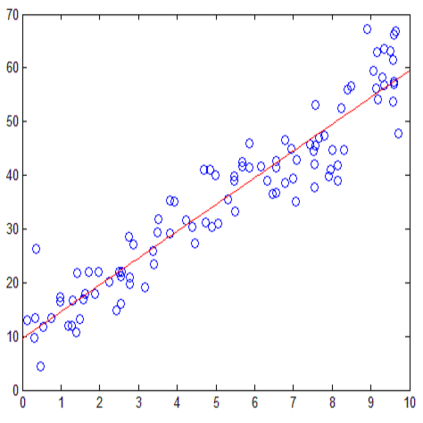The potential of Model Predictive Control in buildings has been shown many times, being successfully used to achieve various goals, such as minimizing energy consumption or maximizing thermal comfort. However, mass deployment has thus far failed, in part because of the high engineering cost of obtaining and maintaining a sufficiently accurate model. This can be addressed by using adaptive data-driven approaches. The idea of using behavioral systems theory for this purpose has recently found traction in the academic community. In this study, we compare variations thereof with different amounts of data used, different regularization weights, and different methods of data selection. Autoregressive models with exogenous inputs (ARX) are used as a well-established reference. All methods are evaluated by performing iterative system identification on two long-term data sets from real occupied buildings, neither of which include artificial excitation for the purpose of system identification. We find that: (1) Sufficient prediction accuracy is achieved with all methods. (2) The ARX models perform slightly better, while having the additional advantages of fewer tuning parameters and faster computation. (3) Adaptive and non-adaptive schemes perform similarly. (4) The regularization weights of the behavioral systems theory methods show the expected trade-off characteristic with an optimal middle value. (5) Using the most recent data yields better performance than selecting data with similar weather as the day to be predicted. (6) More data improves the model performance.
翻译:建筑物模拟预测控制的潜力已经多次显现出来,成功地用于实现各种目标,例如尽量减少能源消耗或最大限度增加热舒适度,但大规模部署迄今失败,部分原因是获得和维护一个足够准确的模型的工程成本很高,这可以通过采用适应性数据驱动的方法加以解决。为此目的使用行为系统理论的想法最近在学术界发现了牵引作用。我们在本研究中,将差异与所使用的不同数量的数据、不同的正规化重量和不同的数据选择方法进行比较。利用外源投入(ARX)的自动递增模型作为既定的参照。所有方法都通过在实际占用的建筑物的两套长期数据集上进行迭代系统识别而得到评估,而这两种数据都不包括用于系统识别的人工引力。我们发现:(1) 所有方法都实现了充分的预测准确性。(2) ARX模型表现稍好一些,同时具有减少调控参数和加速计算的额外优势。(3) 适应性和非适应性计划也以类似的方式运行。 (4) 行为模型理论的正规化重量通过在实际占用的两套长期数据集进行迭接式的鉴定来评估所有方法,而采用最优化的天气预测性特征,使用最优于最优化的数据。(6) 使用最优化的预测性数据,使用最优化的预测性数据。



